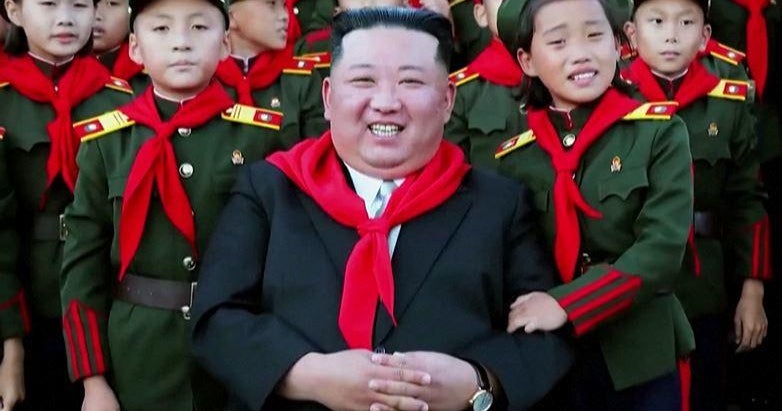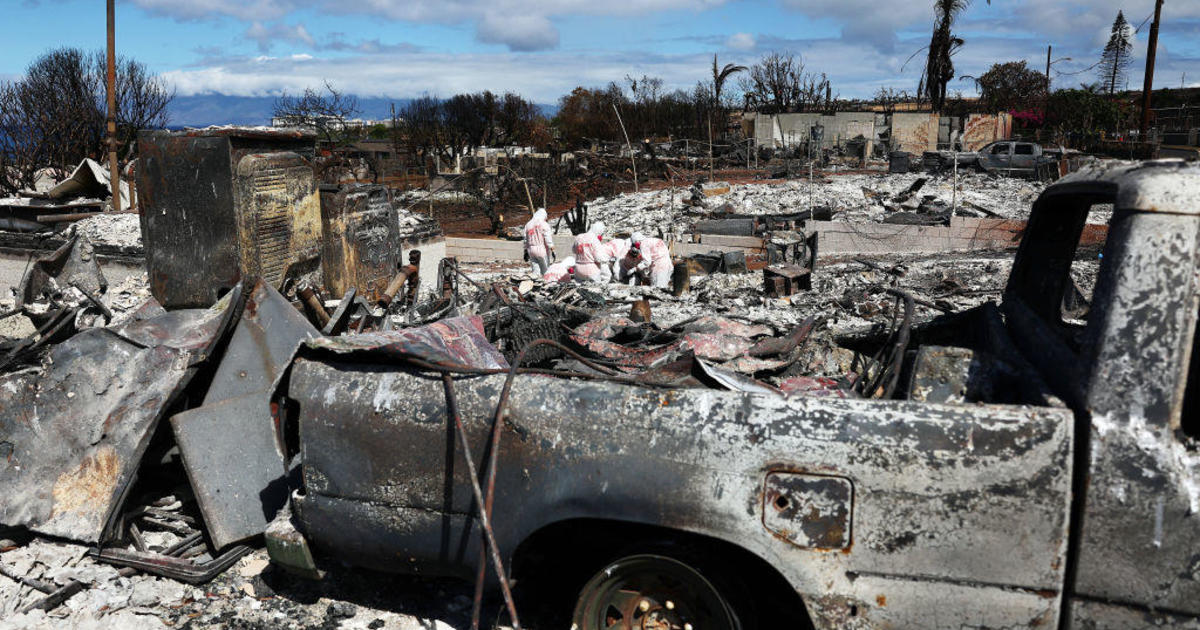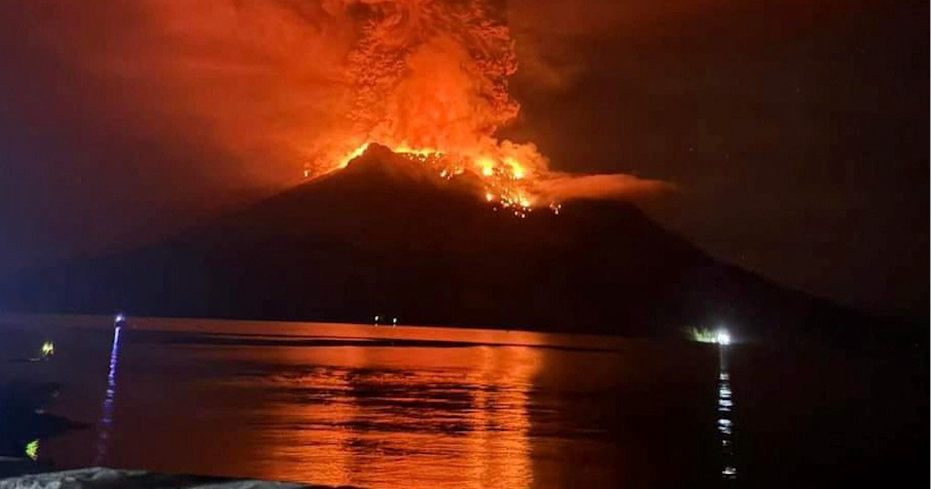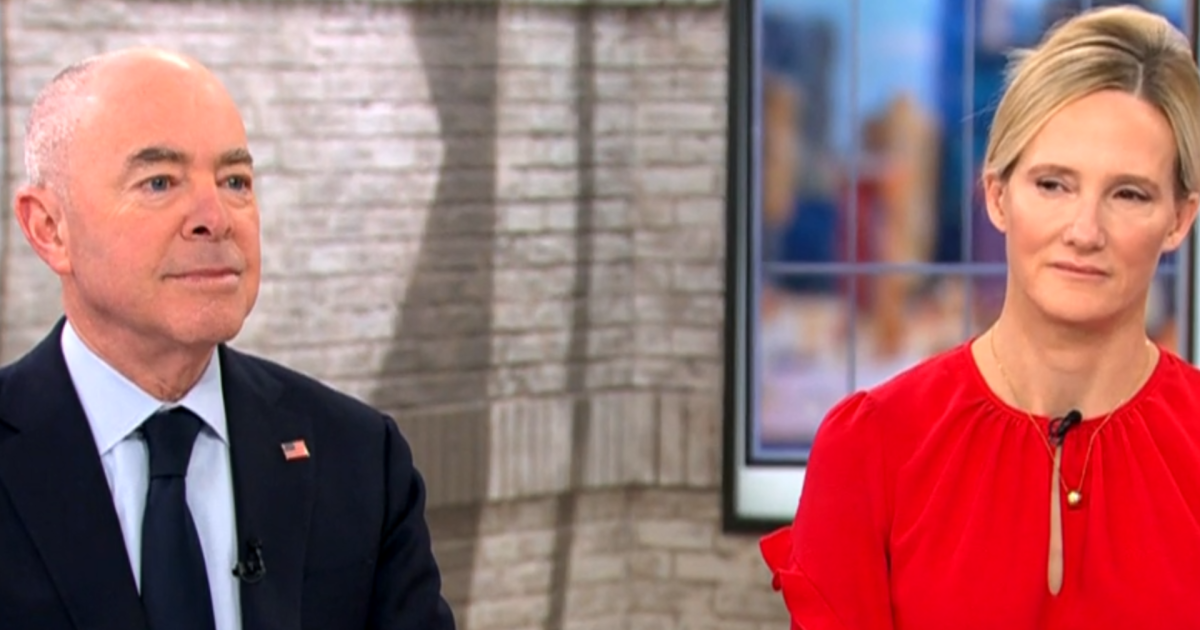Hawaii starting campaign to help people plan for North Korea attack
HONOLULU -- The Hawaii Emergency Management Agency is kicking off an educational campaign aimed at helping residents and visitors figure out what to do if the state is targeted in a nuclear missile attack from North Korea, reports CBS Honolulu affiliate KGMB.
The agency said the threat to the islands from the rogue nation is "currently assessed to be low."
But officials added ongoing North Korean missile tests —and growing public concern — have prompted them to work on preparedness and disaster management plans.
Vern Miyagi, administrator of the emergency management agency, stressed that the public shouldn't be alarmed by the planning.
Rather, he said, the public should see the preparation and education much like the work being done to prepare the public for hurricanes and tsunamis, which pose a greater risk to the state.
"We need to tell the public what the state is doing," Miyagi said. "We do not want to cause any undue stress for the public; however, we have a responsibility to plan for all hazards."
Earlier this month, North Korea tested an ICBM missile, drawing condemnation from the US and other countries. Experts say an ICBM like the one North Korea launched could reach Alaska and possibly even Hawaii.
The state plan considers what is currently a worst-case scenario: A 15-kiloton nuclear weapon detonated 1,000 feet above Honolulu.
In that scenario, public service announcements will tell residents, people should "get inside, stay inside, and stay tuned."
During the Cold War, the state said, Hawaii routinely updated plans and conducted drills related to nuclear attack scenarios. But those plans gathered dust as the threat faded.
And officials stressed, the time to plan is now — even if the threat level is low.
"We don't know the exact capabilities or intentions of the North Korean government, but there is clear evidence that it is trying to develop ballistic missiles that could conceivably one day reach our state," Miyagi said. "Therefore, we cannot wait to begin our public information campaign to ensure that Hawaii residents will know what to do if such an event occurs."
It would take 20 minutes for an ICBM to travel to Hawaii from North Korea. The public would have eight to 12 minutes of notice before the attack started.
As part of the new campaign, the state will also start testing a new emergency siren on the first workday of the month.
That testing will start as early as November — the normal siren will sound, followed by a second siren that would be used in the event of an attack.
The agency's new campaign is causing concern among some in the tourism industry, who worry visitors could choose other destinations for fear of a North Korea attack.
"We support the efforts of the Hawaii Emergency Management Agency to prepare for any threat to Hawaii's well-being, be it man-made or a natural disaster," said Charlene Chan, director of communications at the Hawaii Tourism Authority.
"However, we also know from speaking to our tourism industry partners that if reports are misinterpreted about the State's need to prepare for an attack, this could lead to travelers and groups staying away from Hawaii. The effect of such a downturn would ultimately be felt by residents who rely on tourism's success for their livelihood."
Miyagi is set to unveil more details on the educational campaign Friday.



